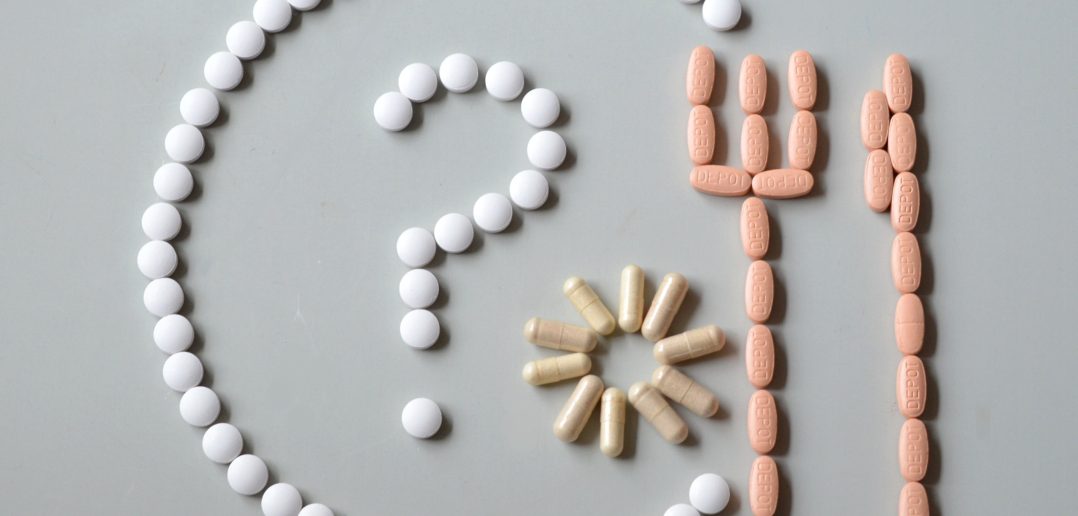According to a group of Israeli scientists, yes they are.
The health and wellness markets are huge right now and we’ve covered several different products, some good, some less so. We’re also proponents of taking various supplements, but only as a boost to a varied and balanced diet/eating habits, which is long-term sustainable.
Sadly, with such a large quantity of products entering the markets, from various sources, all with differing promises, it’s hard to actually assess what works and what doesn’t, with many product claims not tested and if they are, often not properly double blind-tested. Then on the other end of the spectrum, there are counter studies coming out saying the said product is toxic or not good for you, which recently happened with coconut oil.
Now the recent supplement under the scrutiny is probiotics. Probiotics are microorganisms which are supposed to provide health benefits when consumed, which makes sense given we are mainly made up of microbes, many of which reside in our gut, and it is believed that what we consume can have an effect on gut microbiome health and as such our overall health. Again, this all makes sense. Due to the vast amount of variety of microbes in our body (over a trillion!), it has thus far been impossible for us to determine what our optimal microbiome make up should be, and this will also vary person to person.
One half of Short Motivation experimented with probiotic supplements for a couple of years with little effect, until recommended a super-strength formula which was prescribed for a minimum of 3 months. The course did appear to make a slight difference, but it was a product recommended by a health practioner rather than one you could by off-the-shelf. The downside was, this was also super-expensive, so also proved unsustainable.
A recent study from the Weizmann Institute of Science claims that probiotics are in fact ‘quite useless’ as a one size fits all supplement. This is due to a detailed analysis of what happens when we consume probiotics. The results of the Israeli study found that the probiotics had little to no effect inside the body. It was actually found that in half of cases the probiotics consumed went in through the mouth and straight out the other end, so a rather expensive way to fill your toilet. In the other subjects, the bacteria lingered for a while before being forced out by the existing microbiomes of the subject’s body.
In subjects who had recently completed a course of antibiotics, the Israeli researchers found that probiotics delayed the reestablishment of our healthy bacteria after being wiped out following the course of antibiotics. The researchers concluded that we need to make sure probiotics are tailored to each individual and should not buy off the shelf. In our eyes, this is a great recommendation as everyone will react differently to anything we take or eat.
Thus, probiotics are not completely useless, but perhaps not as helpful as we’re led to believe, especially in a supplement form you can buy in any supermarket. In keeping with our usual conclusions, eat a varied diet, supplement if you’ve properly evaluated your needs and seek professional advice where necessary.




